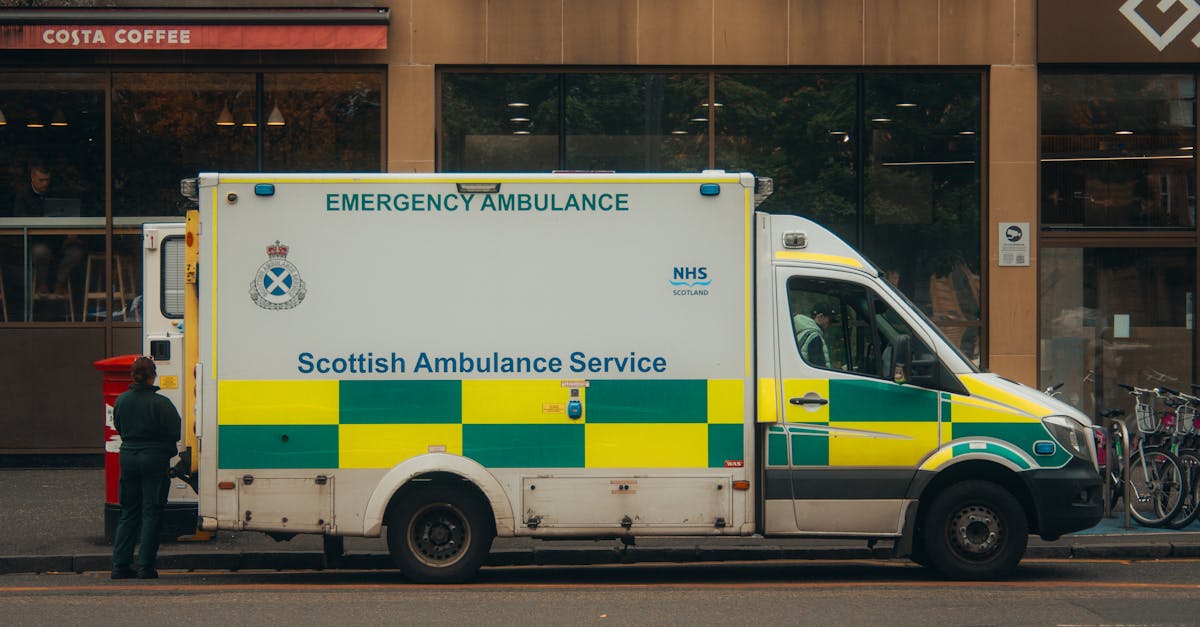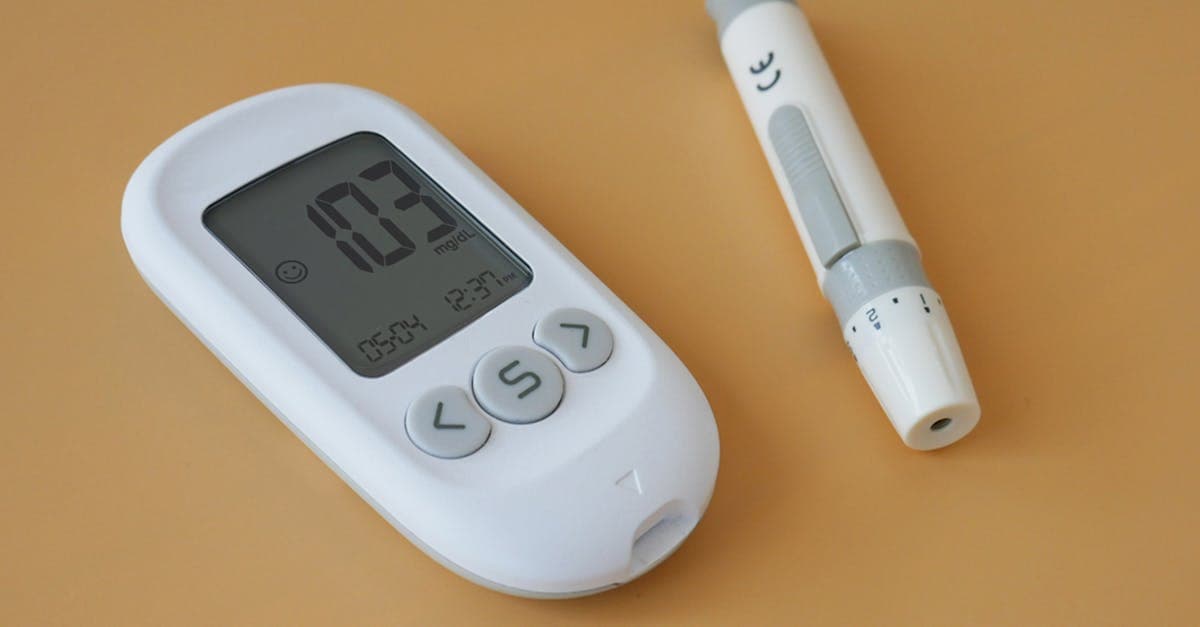Published on:
8 min read
Urgent Dental Care: Your Go-To Guide for Emergency Dentist Services
Dental emergencies can strike at any moment, leaving you in pain and uncertainty. Knowing when to seek help and how to find an emergency dentist can make all the difference. In this guide, we provide essential information for navigating dental crises effectively.

Understanding Dental Emergencies
Dental emergencies can range from severe toothaches to broken teeth, and understanding these scenarios is crucial. Common emergencies include knocked-out teeth, abscesses, and intense pain that cannot be managed at home. Recognizing a dental crisis means acknowledging symptoms like swelling, fever, or persistent pain. If you experience any of these symptoms, seeking immediate dental care is essential to prevent further complications. Time is of the essence when it comes to dental emergencies, as prompt treatment can often save a tooth or alleviate severe pain quickly. Learning about what constitutes a dental emergency can empower you to take swift action, ensuring your oral health remains a priority.
Finding the Right Emergency Dentist
When faced with a dental emergency, finding the right emergency dentist can be daunting. Start by checking your local directory or online search engines for dentists who specialize in emergency services. Many dental practices have emergency hours, so look for clinics that offer after-hours appointments. Don’t hesitate to call ahead to discuss your situation—this can help you gauge their responsiveness and expertise. Additionally, check for reviews and ratings to ensure you are choosing a reputable provider. Having an emergency dentist on speed dial is a proactive measure; it ensures you are prepared should an urgent situation arise, allowing you to spend less time stressing and more time in recovery.
Home Remedies for Temporary Relief
While waiting to see a dentist during a dental emergency, certain home remedies can provide temporary relief. For toothaches, rinsing your mouth with warm salt water can reduce inflammation and help cleanse the area. Over-the-counter pain relievers like ibuprofen or acetaminophen can also alleviate discomfort. In case of swelling, applying a cold compress on the outside of your cheek may help reduce inflamed tissue. If a tooth is knocked out, keep it moist—placing it in milk or saline can help preserve it while you rush to a dentist. While these solutions can help, they should not replace professional dental care; seeking immediate treatment is crucial to address the underlying issue effectively.
Conclusion
Being prepared for a dental emergency can make a significant difference in your experience. Understand the signs, find a trustworthy emergency dentist, and utilize home remedies while you wait for care. Your oral health is paramount, and knowing how to act swiftly can help ensure you maintain a healthy smile.
Published on .
Share now!










